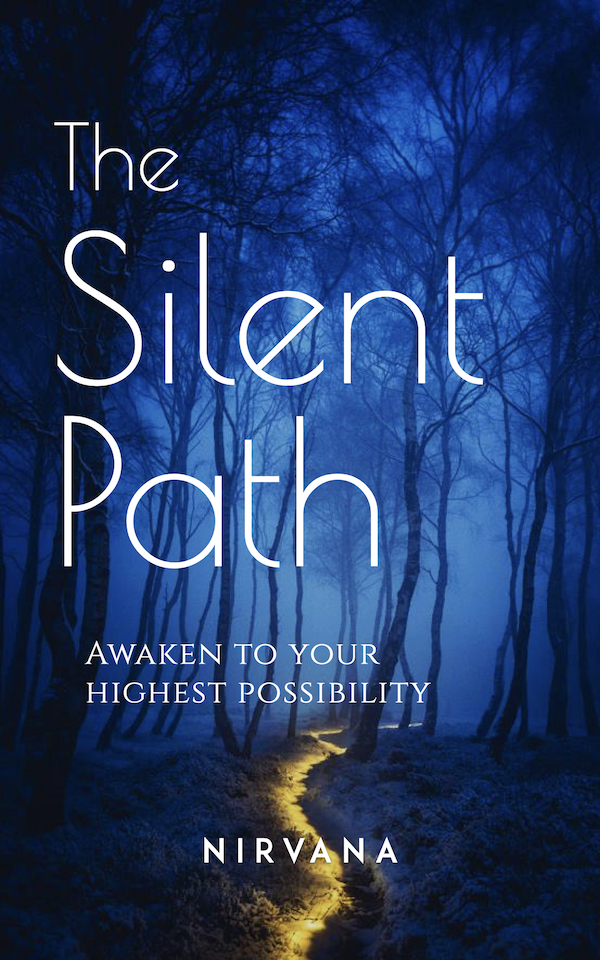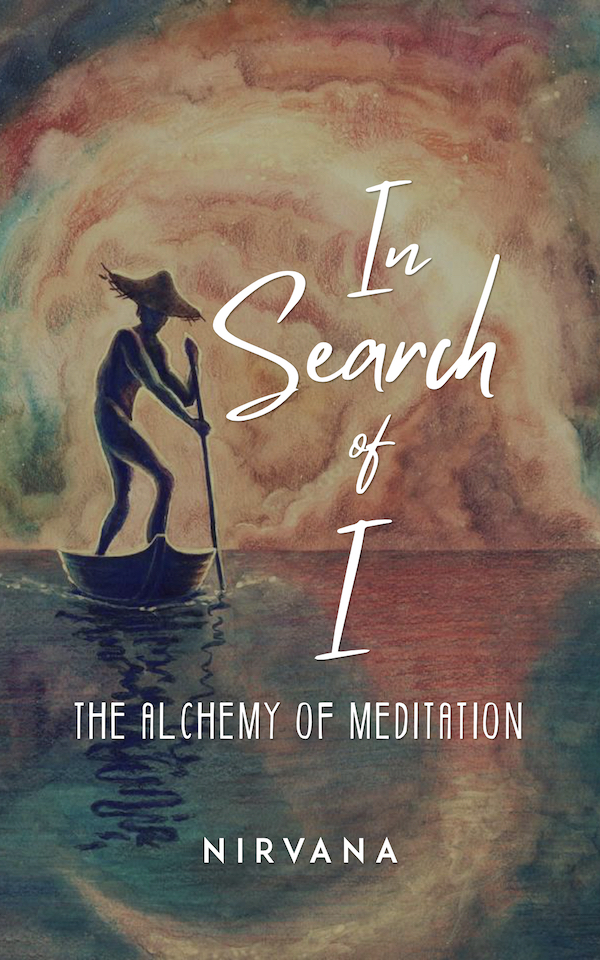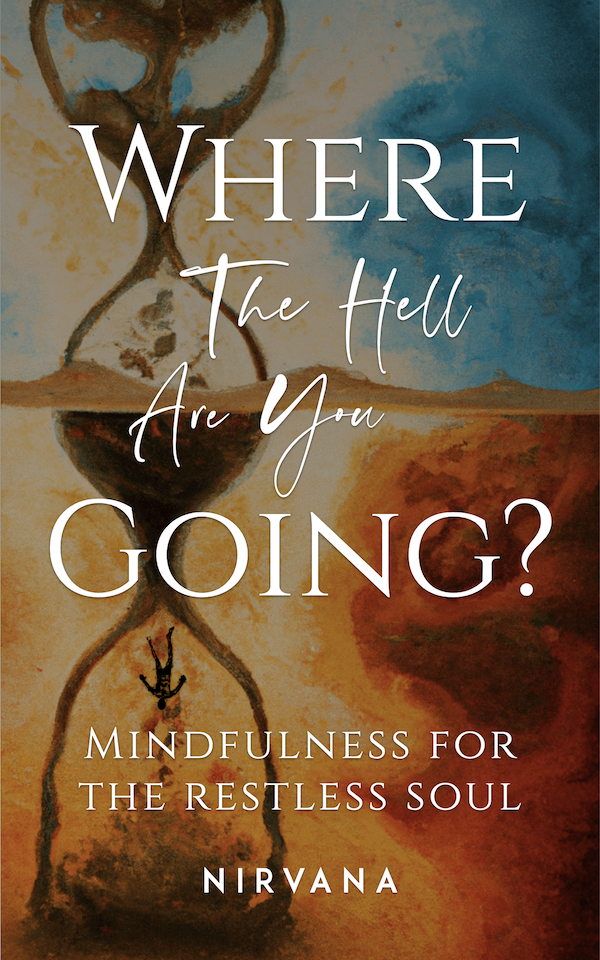
What is Insomnia?
Along with stress and anxiety, insomnia is one of the most common lifestyle issues. Nearly 60 million Americans suffer from insomnia, a staggering number considering sleep is one of the most vital processes we go through each day.
Insomnia means you can’t fall asleep even though the opportunity is there; your body is willing, but your mind says “not now.”
There are two types of insomnia: Acute and Chronic. Acute insomnia is short-term and usually results from unexpected circumstances, such as the death of a loved one or an upcoming exam. It typically resolves within a few days or weeks, once the triggering life circumstance normalizes.
Chronic insomnia occurs when you cannot sleep for at least three nights a week and it lasts for about three weeks or more. This type of insomnia can be caused by changes in your environment, unhealthy sleep habits, shift work, or certain medications.
Good quality sleep is essential because it helps us relax, refresh, and revitalize our minds and bodies. Sleep is also necessary for the repair and maintenance of vital body functions. A lack of adequate sleep can have adverse effects on our normal daily functioning.

Although insomnia affects different people in different ways, there are several things to look for in particular. Here are some common symptoms & effects of insomnia.
symptoms
Can’t get to sleep
Mind working on overload
Waking up too early
Don’t feel refreshed in the morning
Worry about not sleeping
Waking up during the night
Effects
Tired during the day
Irritability
Depression
Anxiety
Increased errors
Forgetfulness
Difficulty concentrating
how to sleep better
Here are some ways to sleep better:
1) Avoid consuming caffeine, smoking cigarettes, or drinking alcohol before bedtime. Caffeine and nicotine are stimulants and should be avoided for at least four hours before bedtime. Although alcohol might initially make you feel sleepy, it disrupts your sleep cycle after a few hours, making it difficult to return to sleep.
2) Refrain from engaging in exciting video games or watching intense movies just before bedtime, as they can stimulate your mind and make it harder to fall asleep.
3) Avoid eating large meals late in the evening. Going to bed on a full stomach can delay sleep, especially if your meal is high in carbohydrates. Aim to eat dinner at least two to three hours before bedtime.
4) Some medications can cause insomnia. If you’re taking such medications, consult your doctor to see if you can adjust the timing of the dose to minimize sleep disruption, or if there’s an alternative medication that won’t affect your sleep as much.
5) Anxiety and worrying about not getting enough sleep can, paradoxically, keep you awake. Visit our Anxiety page for tips and techniques on how to manage anxiety effectively.
6) Environmental changes or a fluctuating schedule can also affect sleep. If you travel frequently, consider bringing your own pillow to maintain a sense of familiarity. For those working night shifts, investing in light-blocking curtains can create a conducive sleeping environment even during the day. Establishing and adhering to a consistent sleep schedule can also significantly improve sleep quality.
7) Traumatic life events can lead to insomnia. Healing takes time, and it may be a while before you return to a normal sleeping routine. Sitting quietly, listening to calming music, and allowing your mind to relax can significantly aid in the healing process.
8) Depression impacts every aspect of your life, including sleep. To learn more about depression and its effect on sleep, visit our Depression page.
9) Stress, awareness, and sleep are deeply interconnected. The more stress you experience during the day, the less aware you become, negatively impacting your sleep quality. Conversely, increased awareness throughout the day can reduce stress levels, leading to better sleep. Enhancing your daily awareness through simple mindfulness exercises can significantly improve your sleep quality.
10) Attempting to simply shut down your mind at night after a day filled with stress and anxiety is ineffective. If you generate excessive thoughts, experience disturbances, and feel stressed during the day, these issues will likely persist into your sleep. The key to sleeping well lies in managing your thoughts, desires, and emotions throughout the day. The way you live during the day profoundly influences how you sleep at night.
If you find yourself lying awake in bed, struggling to fall asleep, here are a few strategies you might try:
1) Perform a controlled breathing exercise: exhale slowly and completely, then inhale fully and hold the breath for a few seconds before exhaling fully again. Establish a count of seconds for both the exhales and inhales. This focused breathing exercise will distract you from the fact that you can’t fall asleep. Oxygenating your body when you can’t sleep is incredibly beneficial.
2) Try to stay awake. (Employing reverse psychology here can sometimes trick your mind into feeling sleepy.)
3)Read something light or not overly stimulating to gently ease your mind into a state of relaxation.
4) Listen to pleasant, soothing music to calm your nerves and create a conducive sleep environment.
5) Meditate to calm your thought processes. Sit in a comfortable position, close your eyes, and simply observe your breath. If thoughts intrude, merely acknowledge them without engaging. Continue this meditation until you feel your mind relax, then try lying down to sleep again.
Books By Nirvana
*Disclaimer: This page offers suggestions for handling insomnia. We do not guarantee specific results and the results can vary.





